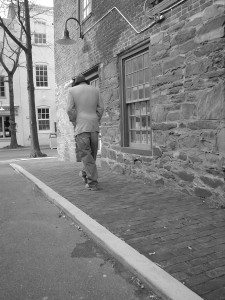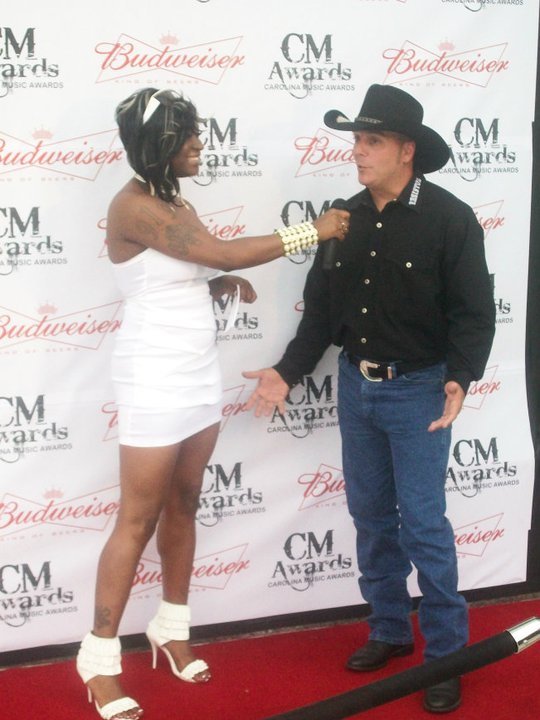The other day, while vending at Eastern Market, a middle-aged sista approached my table to look at my books. Simply from observing the images on the covers, she said to me, “Oh, I like these kinda books!”

“What kind of books are those?” I asked.
“You know…street books…hood books!”
I had to quickly correct her. “I wouldn’t quite call my books street or hood. I’d say they were urban, but not necessarily street.”
Her response: “Is there a difference?”
When you hear the term “Urban“, what’s the first thing that comes to mind? Is it concrete sidewalks, skyscrapers, dirty alleys, and ghettos? What about people hanging on the corner, the rumble of passing buses or trains, traffic congestion, and smog?
These are all popular details of most city landscapes. But do they accurately describe what it is to be “urban“? What about loose fitting clothes, caps turned backwards or cocked to the side, hoopties blasting Hiphop through sub-woofers more expensive than the cars themselves, and young people of color?
Today, many of these same entities can be found in the suburbs, as well as in the inner city.
What’s “Urban” is no longer confined to a geographic location or a particular ethnicity. When looked at through a wider lens, urban is reflective of what’s young and street, what’s young and professional, what’s older and established. It can be single and family oriented, ethnically diverse, and culturally integrated and/or separated.
Urban is less about a particular place than it is a particular attitude. I’d argue that thanks to cultural phenomena like Hiphop and Rock & Roll, an urban attitude, or frame of mind, can be found way out in rural areas, as well as in the cities; in the suburbs, as well as in the desert.
Many conservative politicians have stated that the rural heartland of our great nation is the “True America”. I’d like to think that when you look at an urban area, one can see the fabric of America. And, through traditionally youth oriented culture, that attitude that lays within has permeated our heartland. As a nation, and on a broader scale, as a world, we have come to identify with an urban attitude…an urban lifestyle…more than any other.
So, when people say to me that urban and street mean the same thing, I agree that at one time they might have shared a common zip code. But today, that’s no longer the case. To be street is to be largely limited to the city. To be urban is to be American!






1 Comment
KP
(June 24, 2011 - 9:26 am)Good stuff.
Comments are closed.